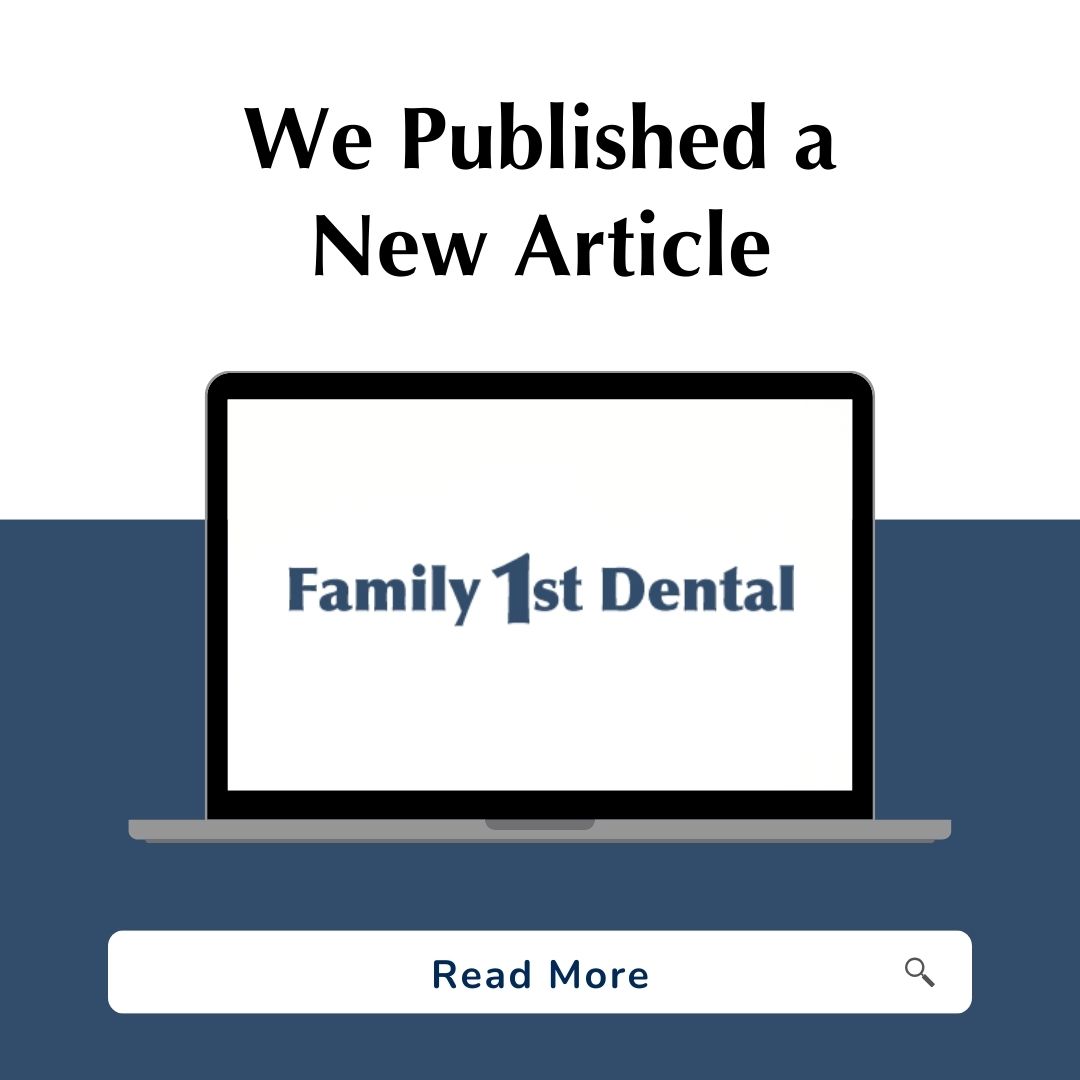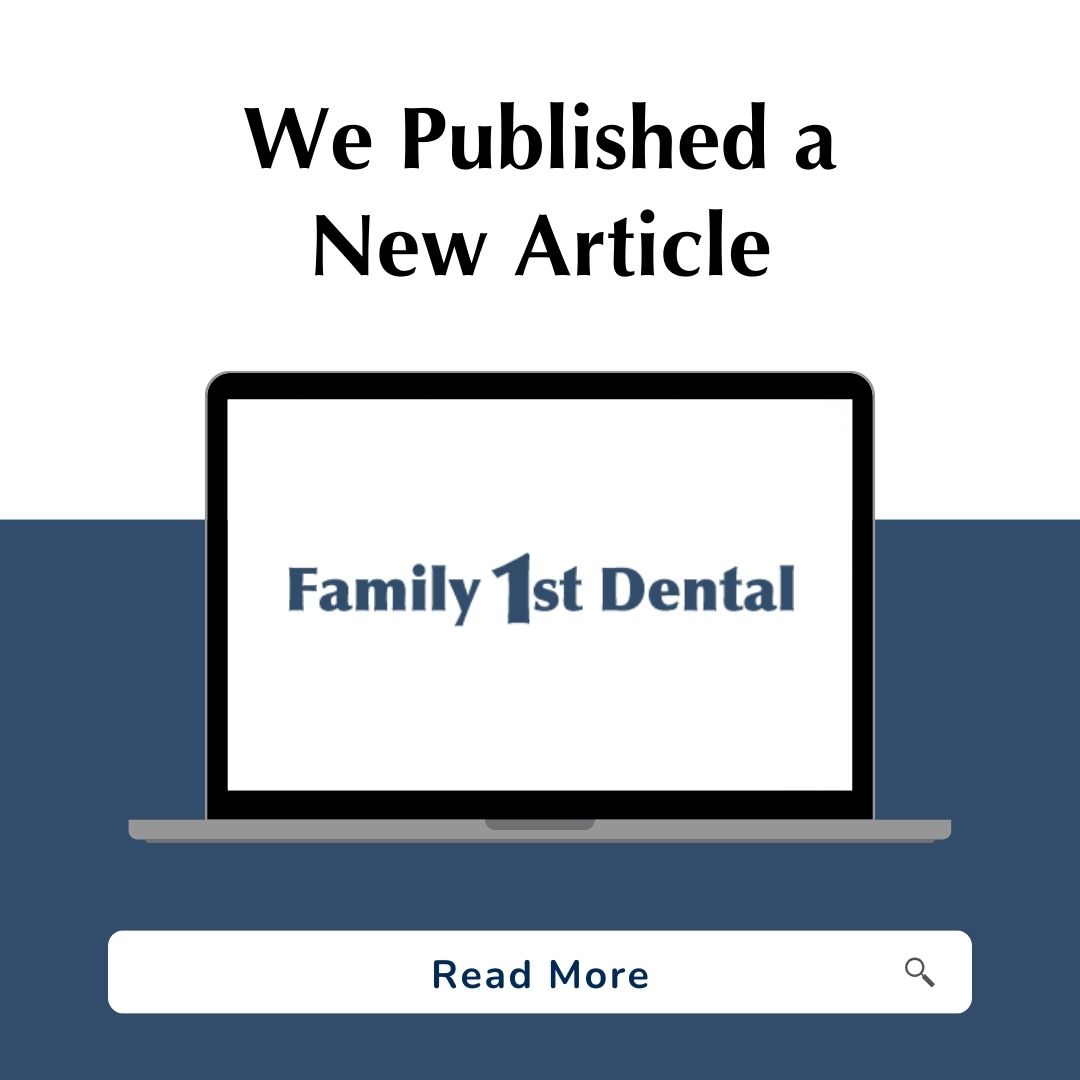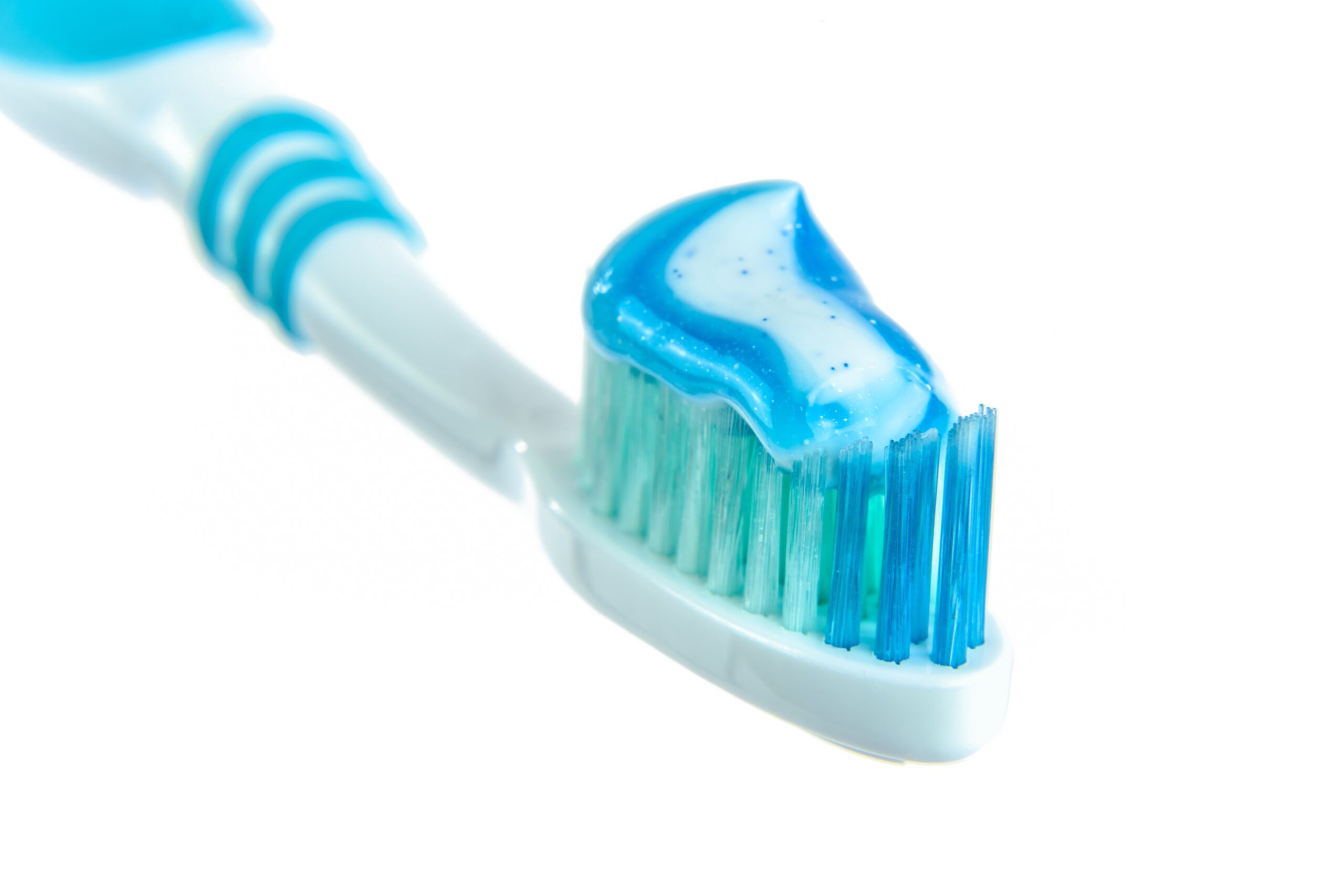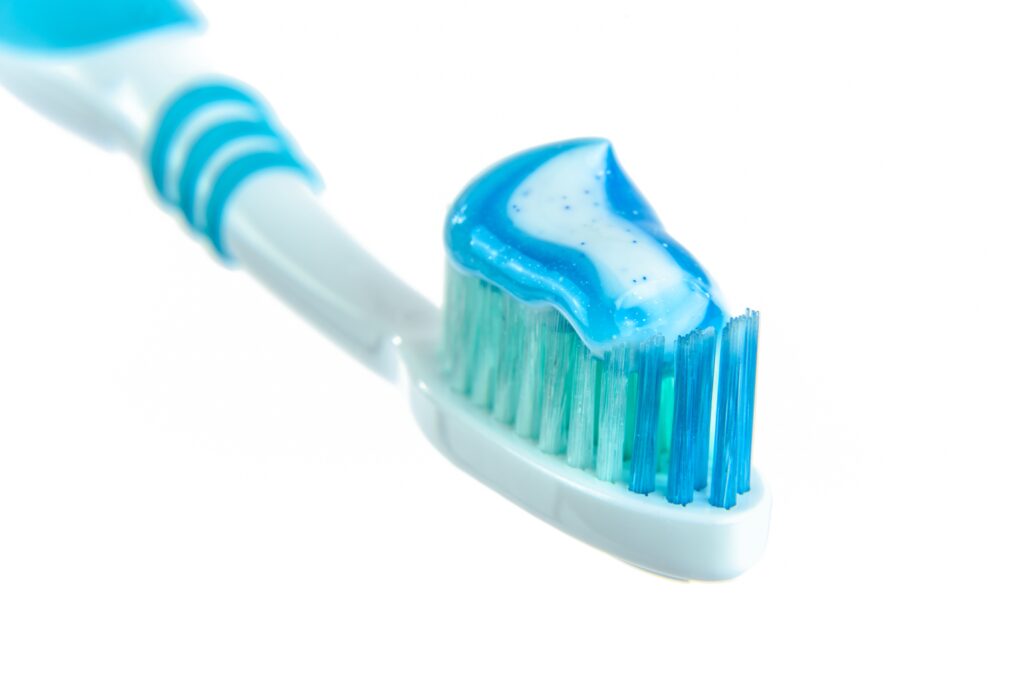
Tooth sensitivity often proves to be an irksome and uncomfortable ordeal. It manifests as a sharp or shooting pain triggered by stimuli such as extreme temperatures, sweet or sour foods, or even mere exposure to air. Statistics suggest that around 1 in 8 individuals grapple with tooth sensitivity at some juncture in their lives. In this discourse, we delve into the implications of tooth sensitivity and elucidate strategies for managing it.
Enamel erosion emerges as a predominant cause of tooth sensitivity. Enamel, the outermost protective layer of the tooth, safeguards the softer dentin and pulp layers beneath. When enamel undergoes erosion, dentin exposure occurs, precipitating sensitivity. A gamut of factors, including acidic foods and beverages, tooth decay, and vigorous brushing, can incite enamel erosion. To forestall such erosion, prudent measures entail curtailing the consumption of acidic edibles, fostering exemplary oral hygiene practices, and opting for a soft-bristled toothbrush to avert enamel damage.
Gum recession stands as another prevalent instigator of tooth sensitivity. This phenomenon ensues when gum tissue surrounding the tooth recedes, laying bare the tooth’s roots. Periodontal disease, aggressive brushing, and genetic predispositions are among the factors that can catalyze gum recession. Adherence to diligent oral hygiene routines, utilization of soft-bristled toothbrushes, and abstinence from tobacco products can thwart gum recession.
However, tooth sensitivity might also signify an underlying dental anomaly, such as a cracked or compromised tooth, a cavity, or an abscess. Should tooth sensitivity co-occur with ancillary symptoms like toothache, inflammation, or fever, prompt dental intervention becomes imperative. Neglecting these indicators could precipitate more severe dental complications down the road.
For individuals grappling with tooth sensitivity, an array of palliative measures exists to assuage discomfort. Utilizing desensitizing toothpaste represents a facile approach to mitigate sensitivity. These toothpastes feature specialized ingredients that impede the transmission of pain signals from the tooth to the nerve. Complementary practices encompass the adoption of fluoride rinses, avoidance of acidic consumables, and steadfast adherence to oral hygiene regimens.
In certain scenarios, dental professionals may advocate more invasive modalities to address tooth sensitivity comprehensively. This might entail the application of fluoride varnishes or gels to afflicted teeth, tooth bonding with resin materials, or, in severe cases, root canal therapy to ameliorate nerve damage.
In summation, tooth sensitivity is undergirded by an array of factors, spanning from enamel erosion and gum recession to more intricate dental maladies. Seeking dental counsel is pivotal to discern the root cause of tooth sensitivity and devise a tailored treatment strategy. Meanwhile, adopting proactive measures can alleviate sensitivity and promote oral well-being. For personalized guidance and holistic dental care, consult your Dentist in Columbus at Family 1st Dental today.


















